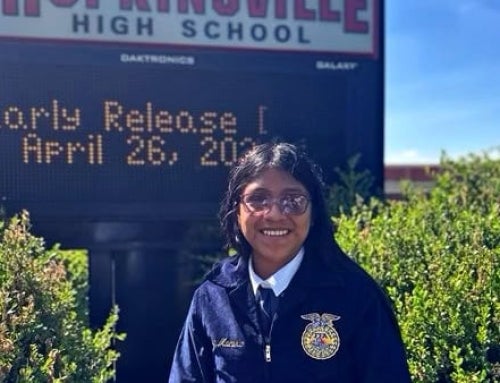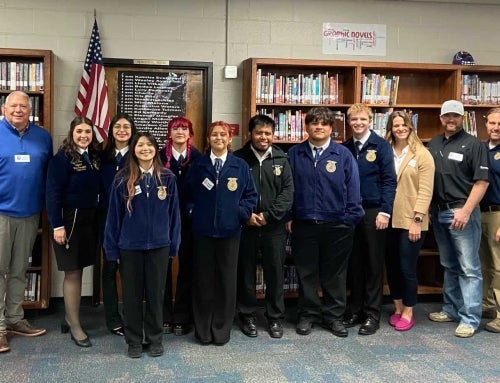As communications become increasingly digital, resume writing trends continue to change. Gone are the days when job seekers printed their resumes and snail-mailed them to employers. Today, most resumes are submitted digitally, whether they’re uploaded, emailed or posted to career websites.
Grabbing the attention of a future employer might mean presenting work samples in an online portfolio or creating a highlight video showcasing your previous work – depending on what type of career you’re pursuing. For most career fields, Bonnie Johnson, marketing and communications manager for AgCareers.com, says a digital-first format has become the norm in resume writing.
“The initial interaction with an employer will typically be digital, so optimizing your resume for online should take priority,” Johnson says. “Print resumes were more designed, but those graphic elements don’t transfer well digitally. We see more simple, clean formats in online resumes.” Customizing resumes for each job application is vital, and it’s quick and easy to do digitally.
“Incorporate keywords from the job description into the resume text to help your resume make it through the applicant tracking system and catch the employer’s attention,” Johnson says.
When creating your resume, include accomplishments from volunteer or extracurricular activities in addition to work or internship experience. This is a great way to expand a resume without an extensive work history.
One caveat: Be brief and to the point. Experts say your resume has only between five and 10 seconds to grab a hiring manager’s attention. Include the most important information in the top third of your resume because that’s the part most likely to be read. Companies are often overwhelmed with a high volume of resumes, and most submissions get only a quick glance, not a thorough read-through.
Despite digital shifts in resume trends, the cover letter is here to stay.
“I feel strongly that cover letters are the best way to get employers to read your resume,” Johnson says. “Cover letters are a chance for you to explain why you’re a good fit for the company and role, emphasize skills that may not be easily identifiable or visible on your resume, and expand on correlating experiences that didn’t fit in your resume’s limited space. If you don’t take the time to submit a cover letter, it feels like you’re not really interested or invested in the process.”












